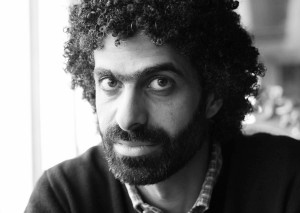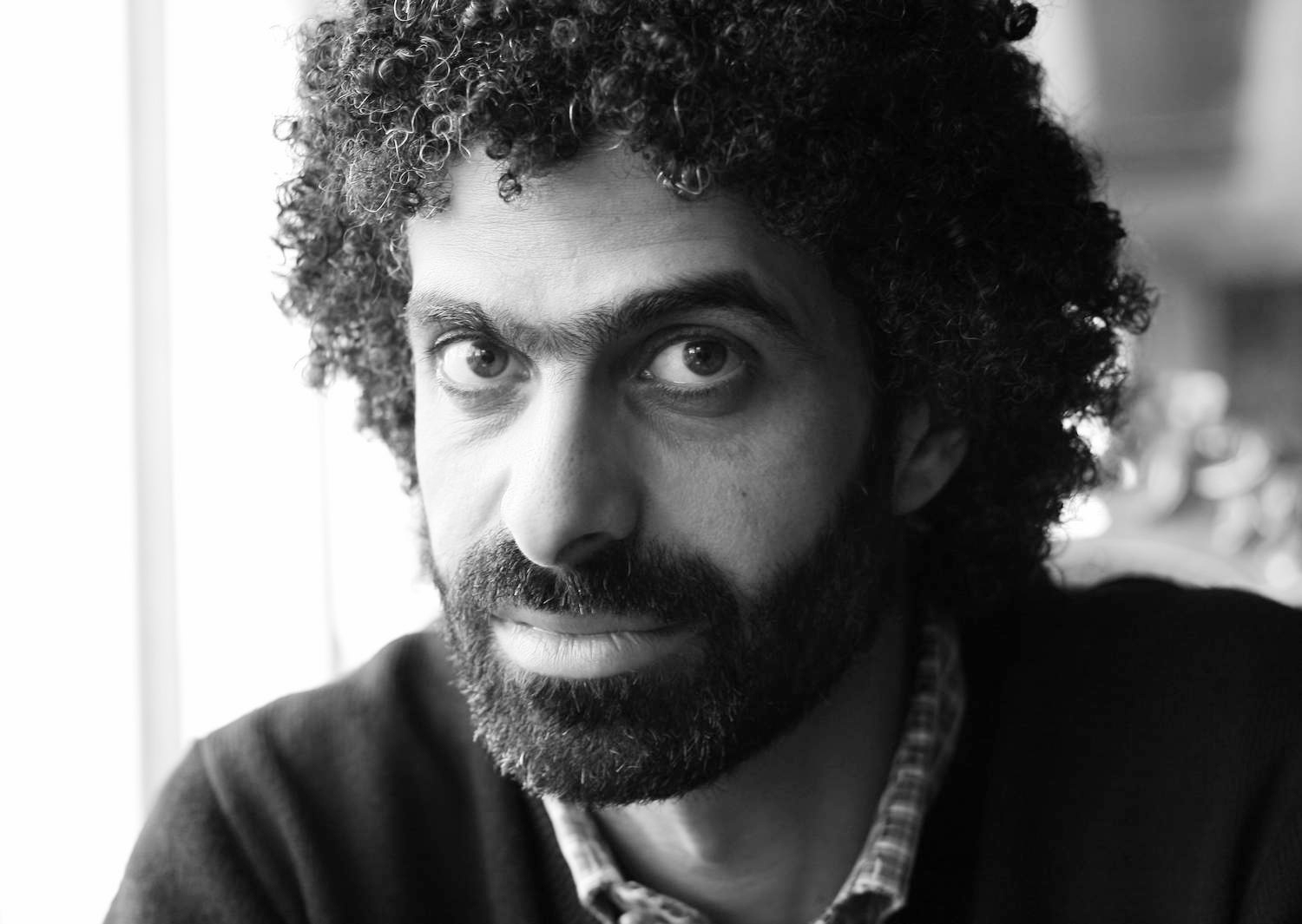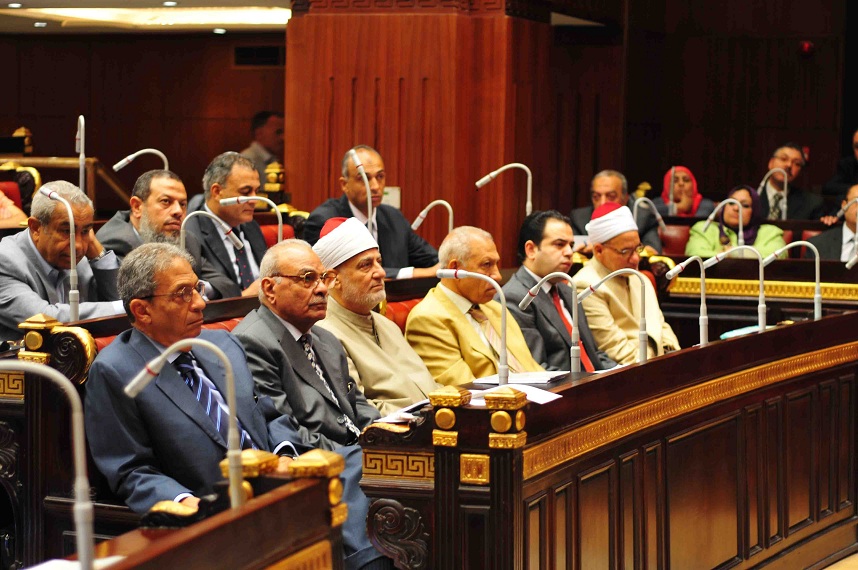
A few weeks ago I called an old friend to say goodbye before heading to Brussels after winning an EU award for my work in the past couple of years. I briefly explained what I would be doing in the capital of Europe and the fact that I would be having a series of meetings with EU seniors.
He immediately responded saying, “Tell those EU people to take it easy on Egypt and stop supporting The Muslim Brotherhood.”
My friend’s response made me think of two indirectly linked tragedies. First, he naively thinks that “those EU people” would listen to or properly read writers or researchers like myself and make use of what we would say beyond daily fast-food-politics. Second, despite the fact that my old friend is a “highly educated” being, he oddly believes Egypt’s state-run propaganda that is falsely portraying the EU as a supporter of the Brotherhood, which is another and seriously dangerous form of naivety.
In order to understand such state propaganda against the EU, I think we have to focus on the concept of vulnerability. I believe that the military-backed interim government felt most vulnerable in two situations. First, replacing a sacked democratically elected government, and second the extremely bloody dispersal of the Brotherhood’s two sit-ins in Rabaa and Nahda.
The government, then, like any previous government since Camp David’s treaty caring about international relations and world image, took an exaggerated response to the EU’s condemnation of both the military coup and the massacre. And since there is no sensible way to justify both crises, they immediately in both cases engaged in a highly organised and highly enforced propaganda that over-repeated a story throughout all sorts of local media (state-owned and private) claiming that the EU is an ally and a supporter of the “terrorist Brotherhood”, and that is why the EU condemned both the coup and the massacre.
Having this story repeated day and night in all sorts of media outlets made it difficult on people like my old friend to disregard. On the contrary, the story took it to a higher level of fantasy and conspiracy theory. The tightly controlled Egyptian media made this whole story look so much like a cheap soap opera, where the EU is allegedly having a secret affair with the Brotherhood.
Now let’s have a look at the European perspective of The Muslim Brotherhood, or political Islam in general, from a street level and also from the EU official point of view.
From a street level, we should be honest about how the average European citizen sees the rise of political Islam and the Brotherhood as a representative that suddenly had a legitimate chance to be a ruler. Average Europeans in general felt very uncomfortable to say the least, if not frightened, given the prevalent Islamophobia since the September 11th attacks in 2001 and what followed.
In simplistic street politics, average Europeans wouldn’t be angry at all having the Brotherhood sacked in such a non-democratic move. And regarding the amount of violence that followed, they shyly believe that this is how Arabs behave, while a few would go to the extreme believing that Arabs are nothing but a bunch of barbarians and it is “normal” for us (Arabs) to be that bloody. Generally speaking, the European street is maybe puzzled, but definitely not that angry.
On the other hand, the official European line in both levels of national governments and the EU cannot do anything that is not in the direction of condemning the military coup and the unprecedented violence that followed. They simply have no other option, even if some were not that angry about what happened. If they would have taken any other position, it could have been a severe setback in political norms, standards and values that have been deeply carved into the very body of EU thought of governance in the past few decades, which are now taken for granted by average citizens.
Of course, application, especially outside the old continent, is not necessarily in full respect of such values, but there is no single EU leader that dares to publicly disrespect these agreed upon standards, even if believing otherwise. It can be a dramatic political career suicide, if it happens.
While not to be defensive regarding the EU’s position from the Brotherhood, we also should not forget the union’s mistakes working on the whole issue of the Egyptian revolution trying to focus on finding allies to work with as a higher priority than understanding realities of the situation on the ground. They did cooperate with the Brotherhood following their seizing power in a fishy deal with the military following the fall of Mubarak. However, this is not as some might interpret as supporting them. The Europeans were dealing with them as “a government” like any other government that could have been from another political colour. However, the EU’s biggest mistake in relation to the Brotherhood was the very weak response to Morsi’s constitutional announcement positioning himself above the law. I think they did not know what to say to their taxpayers, since a few weeks earlier Egypt was provided a big chunk of EU aid money.
Cutting the story short, the EU is not an ally or a supporter of the Muslim Brotherhood as the Egyptian media portrays day and night. They are simply stuck with values of democracy and freedom of speech with little understanding of complex politics on the ground. Welcome to the world of international politics.



